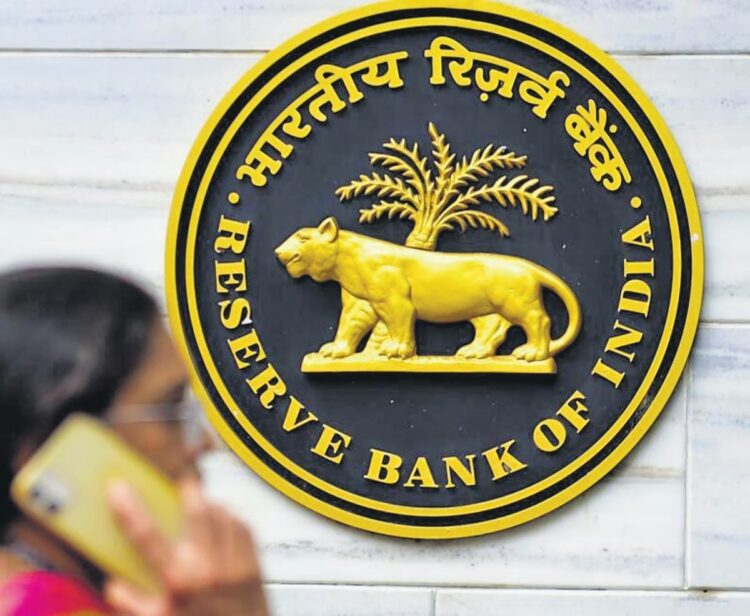Delays in exchange-traded currency standards
Following last week’s panic in the market that almost caused all activity to disappear, the Reserve Bank postponed on Thursday the implementation of its guidelines for exchange-traded currency derivatives (ETCDs) by one month, to May 3.

On Friday, April 5, the proposed ETCD regulations were scheduled to go into force. Since the introduction of ETCDs in 2008, the dollar/rupee futures market has seen average daily trading volumes of approximately $2.5 billion, making it a significant sector of the currency market.
Market participants who believe that the move appears to be an extension so that they have time to close out their positions feel that the brokers’ request for clients to provide proof of underlying exposures on their derivative contracts, or else unwind existing positions, sent the ETCD market into a frenzy on Wednesday and Thursday, with volumes falling by as much as 80%.
The Reserve Bank stated in a statement late Thursday evening that “it has been decided that these directions will now come into effect from May 3, 2024 in view of feedback received and recent developments.” In order to assist traders, the regulator claimed that it has allowed them to hold positions worth up to $100 million across exchanges without requiring them to provide documentation to prove their underlying exposures. The RBI, however, rejected the possibility of being excluded from the exposure requirement.
Currency derivatives are a breeding ground for speculative trades even if they are a tool for hedging forex risks and so ensuring higher earnings. ETDs are available in a variety of markets, including equities, bonds, currencies, stock indexes, and commodities.
A standardized financial contract that is exchanged on stock markets under strict regulations is known as an exchange traded derivative. ETDs are basically contracts that get their value from changes in the value of the underlying assets. Derivatives are primarily divided into two categories: those traded on stock exchanges under regulated terms and conditions, and those handled privately between counter-parties without the use of a formal middleman.







